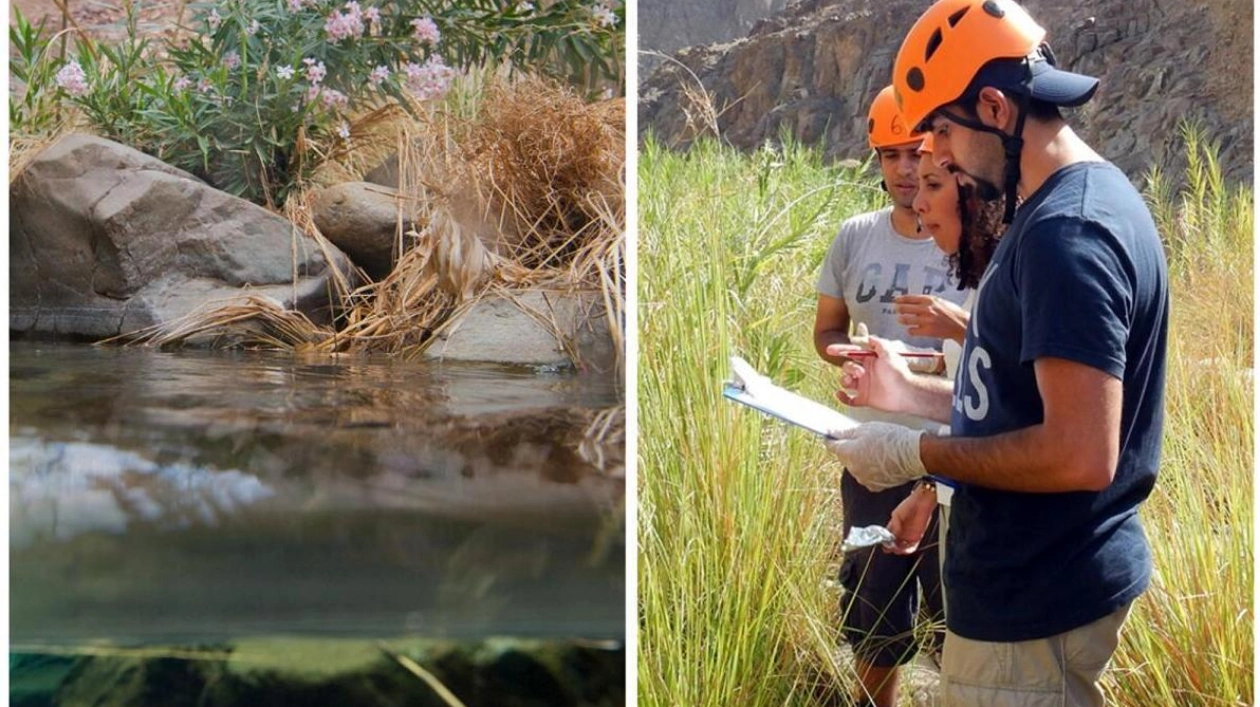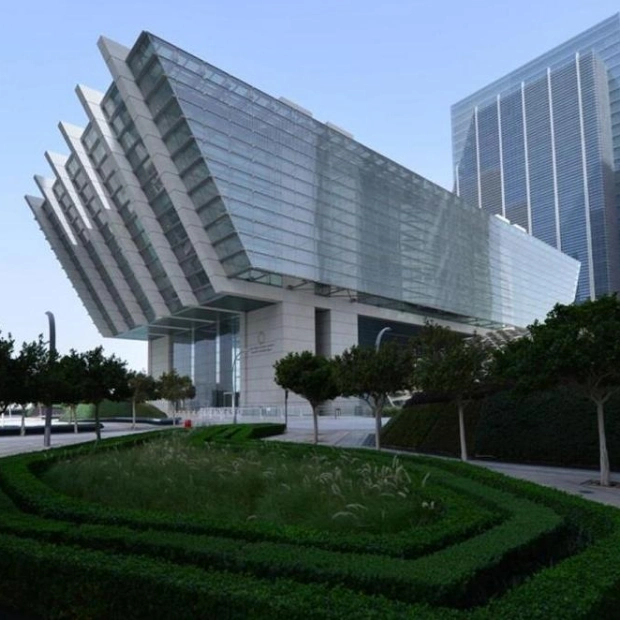Photos: Supplied
UAE residents now have a unique chance to explore Wadi Wurayah National Park, the nation's inaugural protected mountain region, and contribute to conservation initiatives. This park in Fujairah, recognized globally as a UNESCO biosphere reserve, is currently closed to the public, with access limited to formal delegations and scholars. Residents can join Emirates Nature-WWF's Leaders of Change program to assist in research and conservation efforts within the reserve. Leaders of Change is the UAE's largest civil society movement dedicated to nature, boasting over 5,000 members.
"Wadi Wurayah National Park, nestled in the picturesque Hajar mountain range in Fujairah, is celebrated for its rare beauty, distinctive biodiversity, and remarkable geological features, including rugged cliffs, rivers, and unique rock formations," shared Dr. Ali Alhamoudi, the park's manager, with Khaleej Times. "The park's stunning natural landscapes, waterfalls, and diverse wildlife provide an extraordinary experience for nature conservation enthusiasts and tourists," he added. "Covering 220 square kilometers, the park hosts approximately 1,050 species of flora and fauna, including 208 plant species."
Dr. Ali highlighted that Wadi Wurayah serves as a sanctuary for rare species such as the Blandford's fox, Gordon's wildcat, hedgehogs, and caracals. "The park is also a haven for ornithologists, with 114 bird species documented within its boundaries. Recent wildlife surveys reveal that 24 of the 28 known species of wild dragonflies in the UAE reside in the park," explained Dr. Ali. The Fujairah Environment Authority (FEA) has previously utilized citizen science for biodiversity surveys assessing the health of key habitats and species in Wadi Wurayah. These surveys have led to significant discoveries, including the rediscovery of Urothemis thomasi, a dragonfly previously believed to be extinct in the UAE.
Wadi Wurayah was designated as the country's first protected mountain area in 2009 and closed to the public in 2013. "As a protected area, trespassing is subject to legal consequences under the law. Numerous signboards around the park mark its boundaries and inform the public about these regulations," stated Dr. Ali. Laila Mostafa Abdullatif, Director-General of Emirates Nature-WWF, informed Khaleej Times that Leaders of Change will organize "exclusive field trips" within the national park, allowing students and residents to "discover its awe-inspiring diversity and the remarkable resilience of life." The program, open to all UAE residents, enables participants to act as 'citizen scientists,' collaborating with conservationists and experts to gather valuable data on the park's species, including those that are nocturnal.
Citizen scientists also collect data on the state of freshwater ecosystems and natural habitats crucial for species' shelter and food within Wadi Wurayah. Many species in this rocky, mountainous environment are vulnerable to climate change, habitat loss, pollution, and water scarcity. The data collected during these field trips provides insights into the biodiversity's health, particularly for key species essential to the ecosystem. "This data supports scientific research and informs environmental policies and strategies to enhance conservation and guide sustainable management within the national park," Laila added.
Events at Wadi Wurayah include tracking terrestrial wildlife, native tree reforestation, tree surveys, and exploring hidden oases. According to Laila, in Q2 of 2024 alone, Leaders of Change recorded 5,512 data points across the UAE to support scientific research and inform environmental policies, conservation strategies, and protected area management. "During this period, the community helped restore 300 meters of nature trails, encouraging people to connect with nature and fostering a sense of environmental stewardship. Additionally, this community safely removed 750kg of waste from natural environments to protect ecosystems and species at risk of ingesting litter," Laila concluded.
Source link: https://www.khaleejtimes.com






